Intel just won a 15-year legal battle against EU
Ruled to have engaged in anti-competitive practices back in 2009, Intel has finally succeeded in overturning a record fine

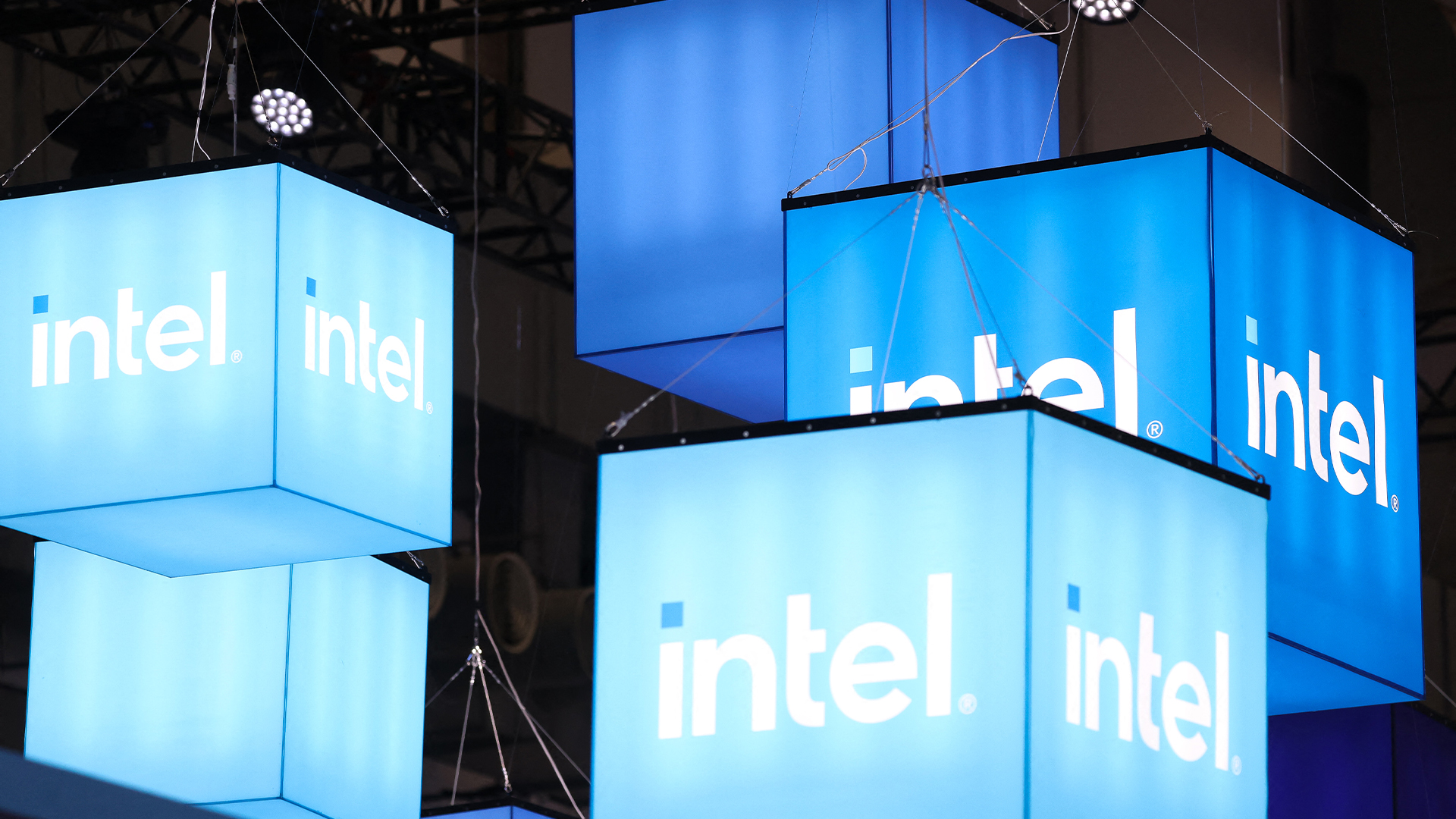
Intel has won a long-running legal battle against the EU after successfully overturning an antitrust fine imposed in 2009.
The European Commission had found the company abused its dominant position in the chip market and fined it €1.06 billion, marking a record at the time.
According to the European Commission, the company had been giving rebates, some disguised, to major computer manufacturers, including Dell, Hewlett-Packard, and Lenovo, on condition that they bought Intel’s x86 central processing units (CPUs). These were termed conditional rebates.
The company was also found to be paying manufacturers to stop or delay the launch of products based on rival chips such as those from Advanced Micro Devices (AMD). This was known as ‘naked restrictions’.
"Such rebates and payments effectively prevented customers, and ultimately consumers, from choosing alternative products," the Commission said at the time.
"By undermining competitors’ ability to compete on the merits of their products, Intel’s actions undermined competition and innovation."
Since then, the case has gone back and forth at a glacial pace. The fine was overturned in 2022 on the basis that the Commission's analysis hadn't been thorough enough to prove that Intel's behavior had harmed competition.
Sign up today and you will receive a free copy of our Future Focus 2025 report - the leading guidance on AI, cybersecurity and other IT challenges as per 700+ senior executives
The Commission then cut the fine to €376.36 million on the basis that it had only proved the naked restrictions were damaging competition, and not the conditional rebates.
In the wake of this, the Commission appealed, asking to reinstate the full amount of the original fine; but with this decision from the EU Court of Justice the case is finally over.
"The Court of Justice upholds the annulment by the General Court of the Commission’s decision finding an abuse of a dominant position on the part of Intel and imposing a fine of €1.06 billion on Intel," the court said in a statement.
"In its judgment, the Court of Justice rejects all of the grounds of appeal raised by the Commission."
RELATED WHITEPAPER

While Intel may have dominated the chip market back in 2009, that's very far from the case now. As recently as 2020, analysis from S&P Market Intelligence showed it was the world's second-largest semiconductor corporation by market capitalization, behind only Taiwan Semiconductor Manufacturing Company (TSMC). Now, though, it's number 14.
What's changed is not just the rise of TSMC, but also the huge demand for AI, which has seen Nvidia's sales boom. The chipmaker recently recorded revenues of $30 billion for the three months to 28 July.
This week, it was reported by Korean media outlet MK that Intel Foundry was in talks with Samsung over a collaboration aimed at toppling TSMC.
The reports suggest the two could partner on research and development, share production facilities and exchange process technologies, the report said.
Emma Woollacott is a freelance journalist writing for publications including the BBC, Private Eye, Forbes, Raconteur and specialist technology titles.
-
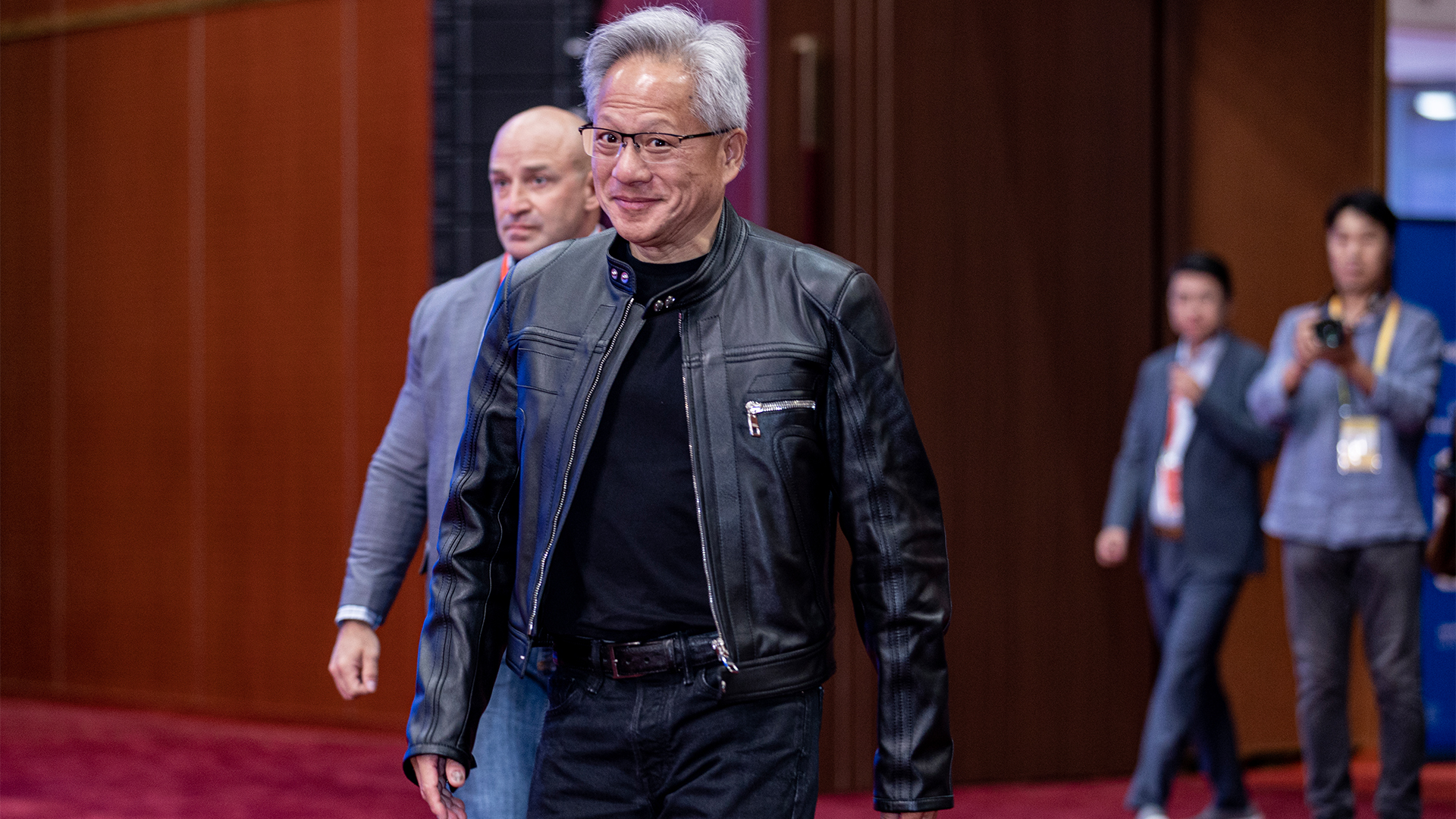 Nvidia’s Intel investment just gave it the perfect inroad to lucrative new markets
Nvidia’s Intel investment just gave it the perfect inroad to lucrative new marketsNews Nvidia looks set to branch out into lucrative new markets following its $5 billion investment in Intel.
-
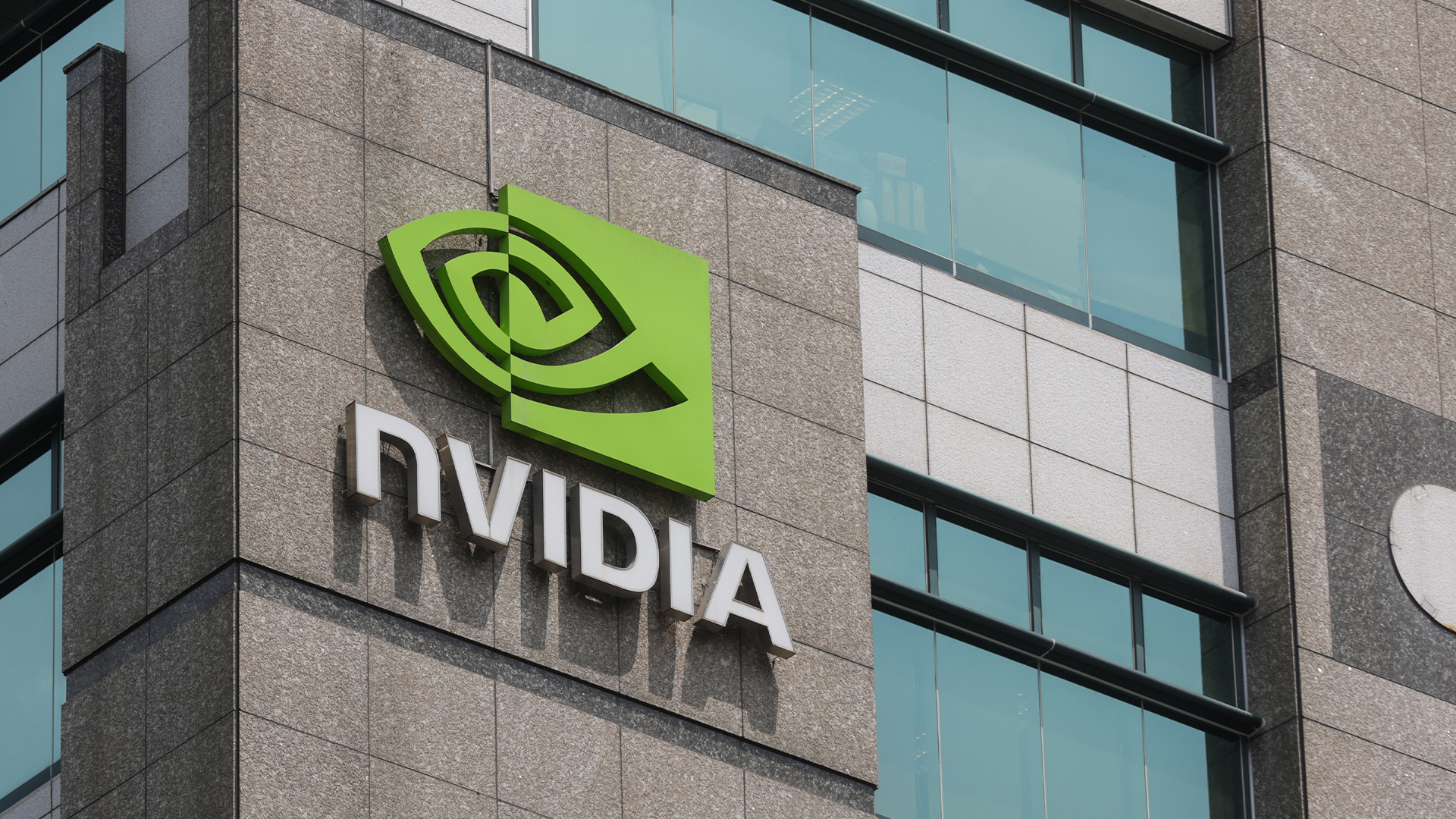 Nvidia hails ‘another leap in the frontier of AI computing’ with Rubin GPU launch
Nvidia hails ‘another leap in the frontier of AI computing’ with Rubin GPU launchNews Set for general release in 2026, Rubin is here to solve the challenge of AI inference at scale
-
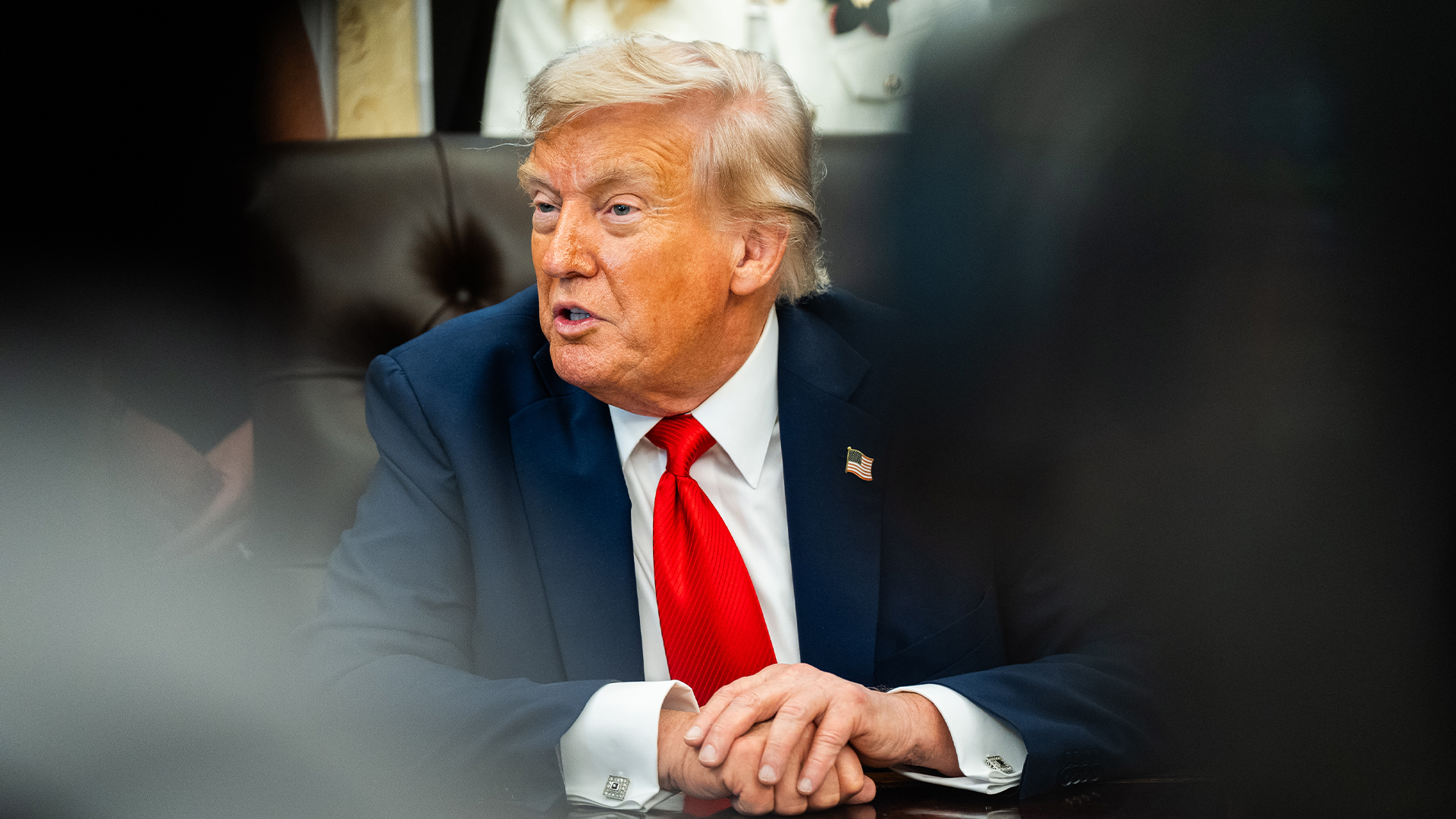 The US government's Intel deal explained
The US government's Intel deal explainedNews The US government has taken a 10% stake in Intel – but what exactly does the deal mean for the ailing chipmaker?
-
 US government could take stake in Intel as chip giant's woes continue
US government could take stake in Intel as chip giant's woes continueNews The move would see increased support for Intel’s manufacturing operations
-
 Dell says Windows 11 migration is a prime opportunity to overhaul ageing PC fleets – and AI devices are in the spotlight
Dell says Windows 11 migration is a prime opportunity to overhaul ageing PC fleets – and AI devices are in the spotlightNews The shift to Windows 11 means IT leaders can ditch old tech and get their hands on AI PCs
-
 Nvidia braces for a $5.5 billion hit as tariffs reach the semiconductor industry
Nvidia braces for a $5.5 billion hit as tariffs reach the semiconductor industryNews The chipmaker says its H20 chips need a special license as its share price plummets
-
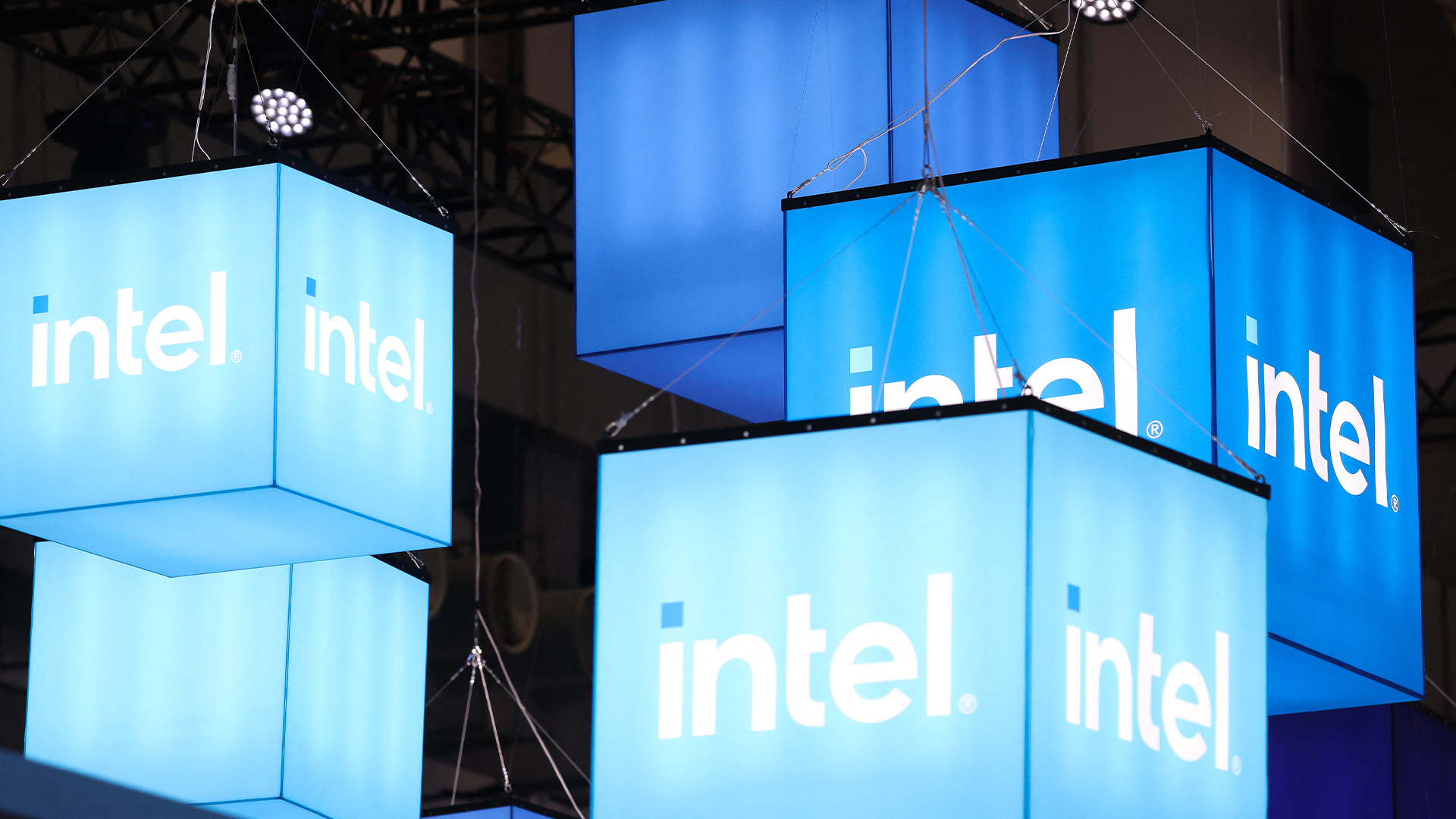 The gloves are off at Intel as new CEO plots major strategy shift
The gloves are off at Intel as new CEO plots major strategy shiftNews Intel’s incoming CEO has some big plans for the firm’s business strategy, sources familiar with the matter have told Reuters, with more job cuts looming on the horizon.
-
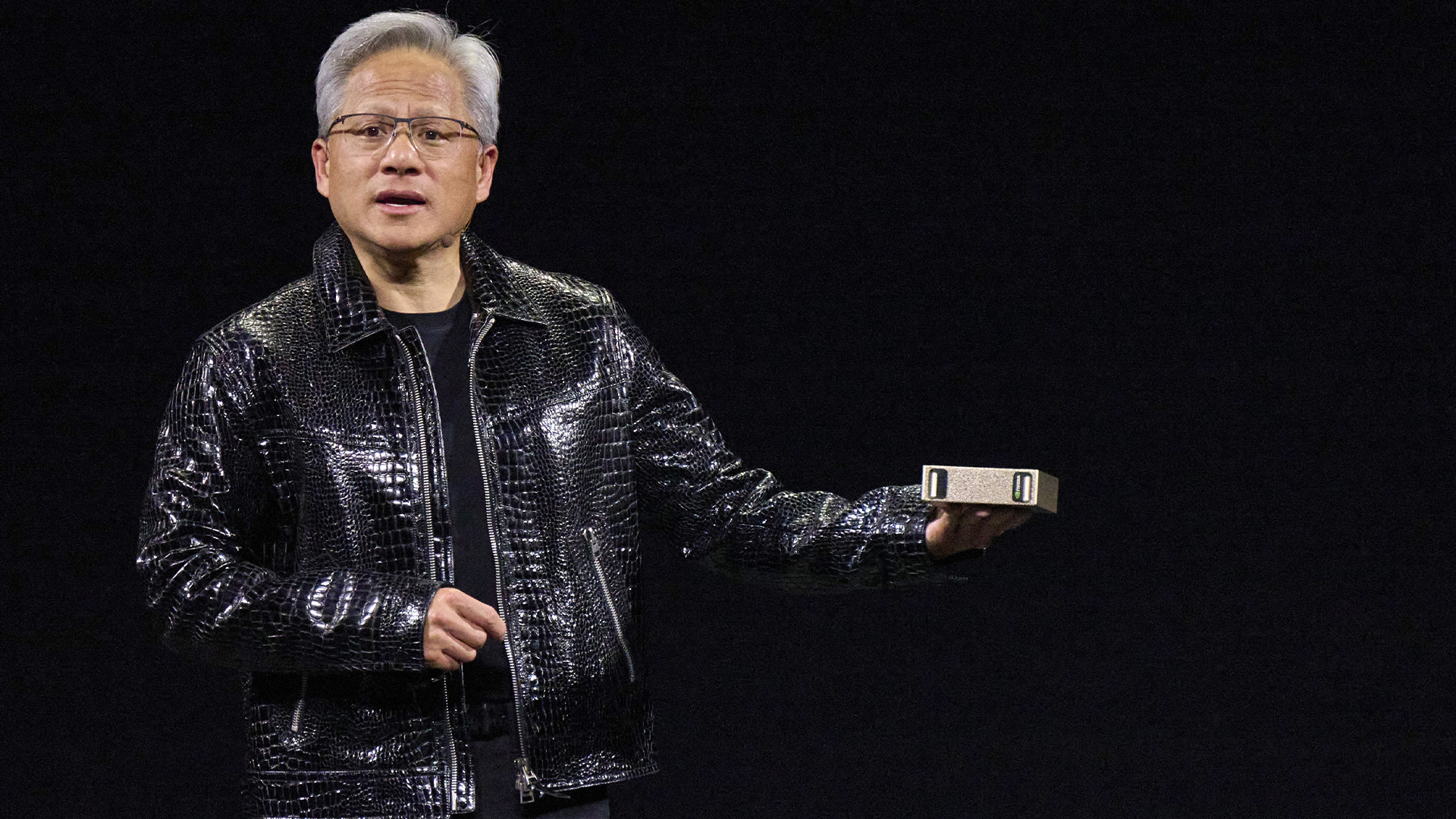 “The Grace Blackwell Superchip comes to millions of developers”: Nvidia's new 'Project Digits' mini PC is an AI developer's dream – but it'll set you back $3,000 a piece to get your hands on one
“The Grace Blackwell Superchip comes to millions of developers”: Nvidia's new 'Project Digits' mini PC is an AI developer's dream – but it'll set you back $3,000 a piece to get your hands on oneNews Nvidia unveiled the launch of a new mini PC, dubbed 'Project Digits', aimed specifically at AI developers during CES 2025.


